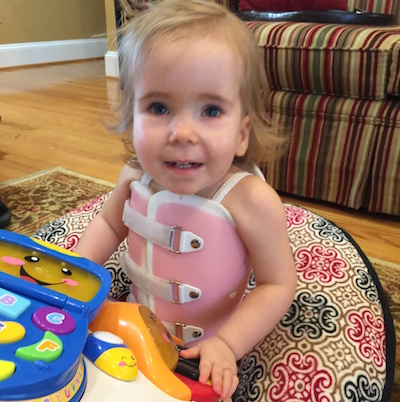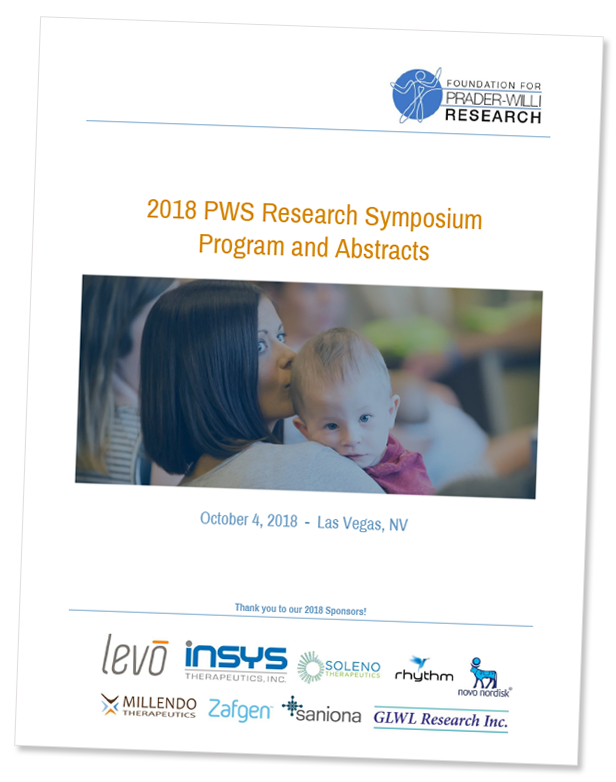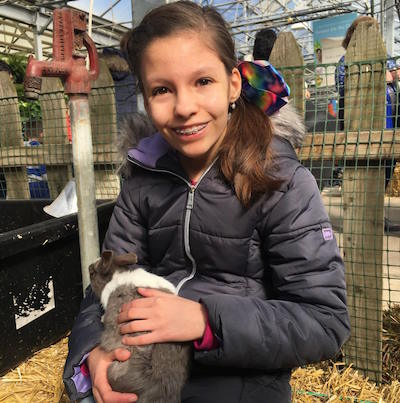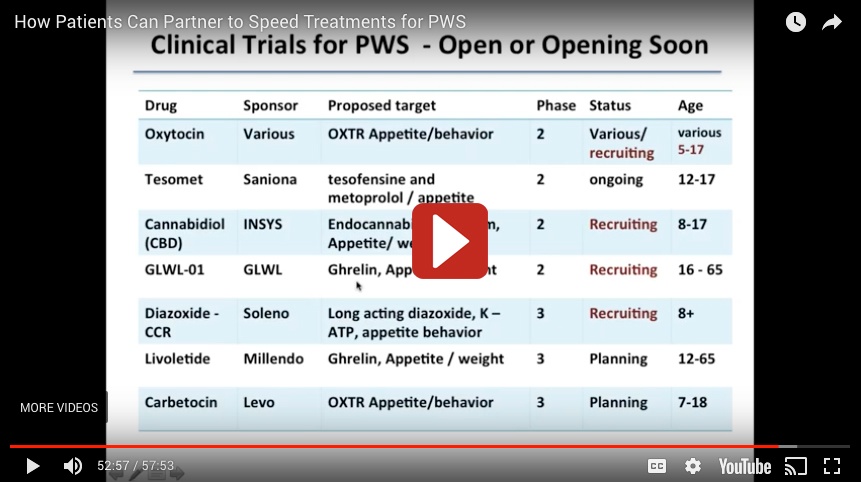Topics: Research
This guest blog was contributed by Dr. Jessica Duis, Pediatric Geneticist at Vanderbilt University Medical Center and author of A Multidisciplinary Approach to the Clinical Management of Prader–Willi Syndrome. One of the most common questions I hear ...
The Foundation for Prader-Willi Research (FPWR) announces a the funding of 11 Research Awards totaling more than $1,000,000. FPWR is dedicated to supporting research that advances the understanding and treatment of Prader-Willi syndrome (PWS) and rel...
Topics: Research
This guest blog was contributed by researchers Elisabeth Dykens and Elizabeth Roof of Vanderbilt University Does your loved one with PWS have hyperphagia? The answer isn't as simple as yes or no. Even if your loved one does not display the hallmark h...
Topics: Research
More than 150 scientists, clinicians, industry representatives and community members attended FPWR’s 2018 Research Symposium, making it one of the largest collaborative Prader-Willi syndrome (PWS) research meetings held to date. The single day progra...
Topics: Research
Mental health and behavioral problems are a major challenge for individuals with Prader-Willi syndrome (PWS), with significant impacts on quality of life and independence for both the person with PWS and their family. In 2015, FPWR conducted a two-da...
Topics: Research
This guest blog was contributed by Sara Cotter, CEO, Levo Therapeutics. When developing new medicines to treat PWS, companies need to demonstrate meaningful improvements in PWS symptoms. For growth hormone, this was relatively straightforward because...
Topics: Research
The results of a Phase 2 clinical trial evaluating carbetocin in PWS have just been published in the journal JCI Insight. The findings of the paper, "Intranasal Carbetocin Reduces Hyperphagia In Individuals With Prader-Willi Syndrome," support the ad...
Topics: Research
On May 15, PWSA-USA and FPWR jointly presented the webinar How Patients Can Partner to Speed Treatments for PWS. The webinar provided important information about PWS clinical trials including: what to expect when participating in a trial, what questi...
Topics: Research
FPWR congratulates Dr. Elisabeth Dykens, who was awarded last night with a Rare Impact Award by the National Organization for Rare Disorders. Dr. Dykens may best be known in the Prader-Willi syndrome (PWS) community for developing the Dykens Hyperpha...
Topics: Research















